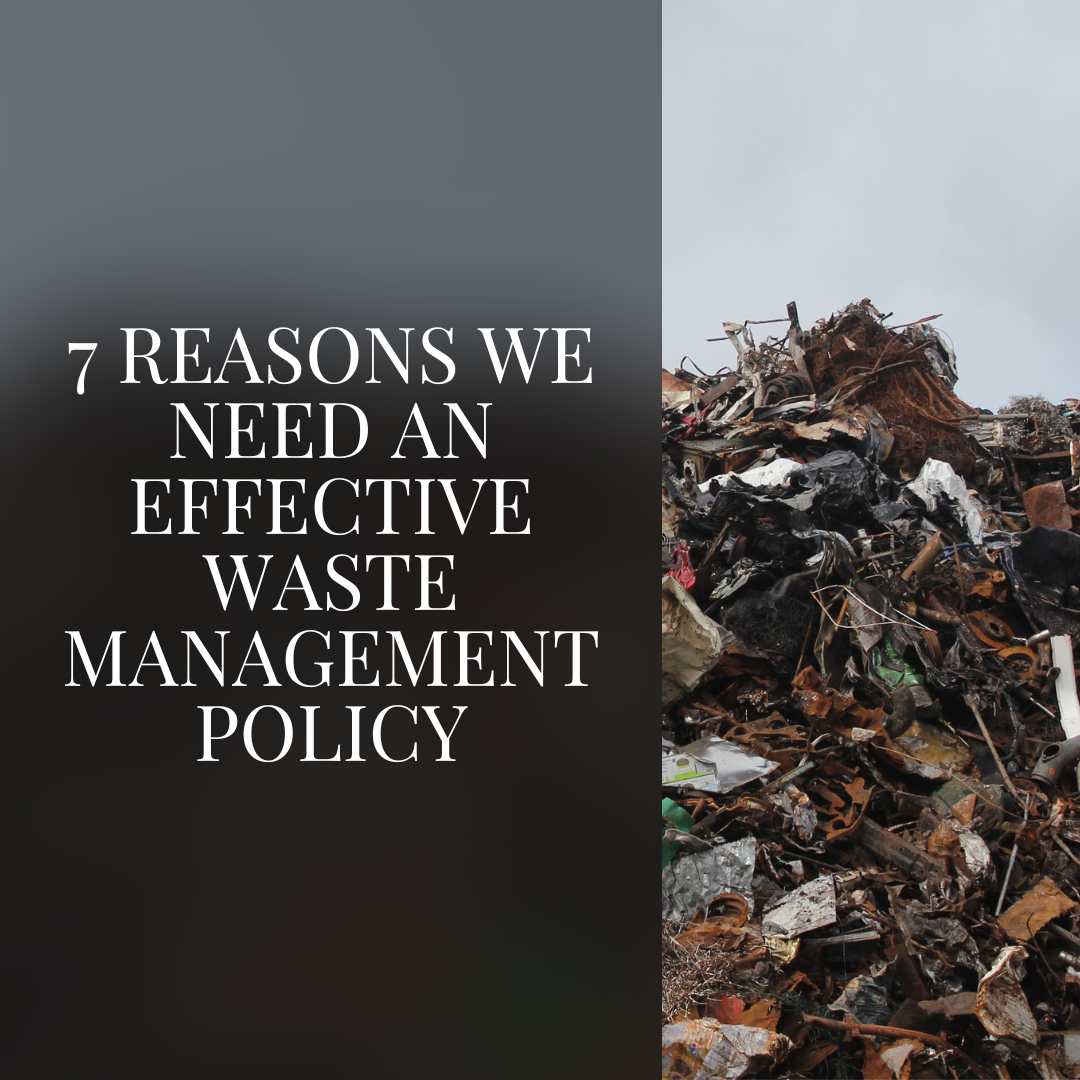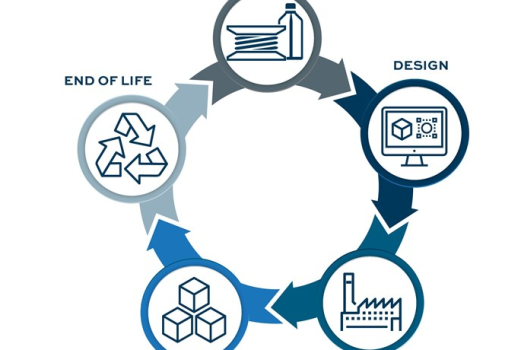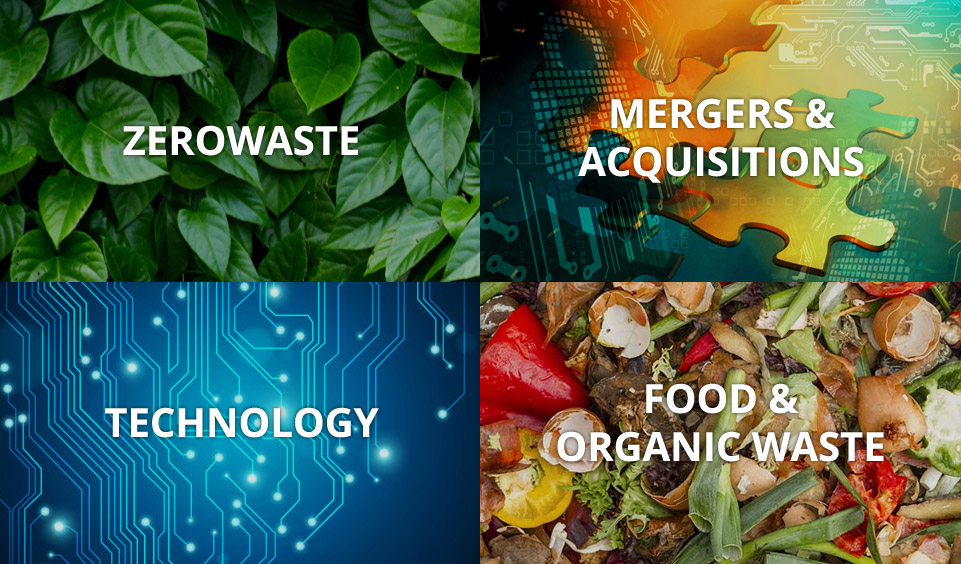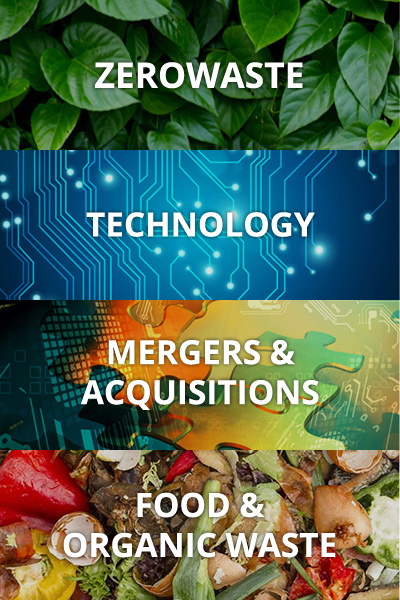
Waste Manage is all about collecting, transporting, processing and disposing of waste materials. It includes the activities of recycling certain items back into the manufacturing process.
There are many reasons why effective waste management policies are necessary.
1. To protect the environment
Proper waste management is essential to protect our natural resources and ecosystems. Improper disposal of waste can contaminate land, air, and water, which can lead to serious environmental problems such as climate change, depletion of the ozone layer, and water pollution.
According to a study, waste management practices could help reduce greenhouse gas emissions by up to 30 percent by 2050. This would be a significant contribution in the fight against climate change.
2. To reduce greenhouse gas emissions
Landfills are a major source of methane gas, which is a powerful greenhouse gas that contributes to global warming. By properly managing our waste, we can help reduce greenhouse gas emissions and slow down climate change.
3 ways how greenhouse gas emissions affect our climate
There are plenty of ways how greenhouse gas emissions affect our planet. The three most significant ways are:
1.Waste decomposition: When organic waste such as food scraps and yard waste decomposes in a landfill, it emits methane gas.
2. Incineration: Burning waste releases carbon dioxide, a greenhouse gas.
3. Transportation: Trucks and other vehicles that collect and haul waste emit greenhouse gases when they operate.
So a policy that could help reduce the emission of these gases would be beneficial to our environment.
4. To conserve energy
Recycling and reusing materials instead of producing new ones conserves energy. For example, recycling one aluminum can saves enough energy to run a TV for three hours. Making products from recycled materials requires less energy than making them from new materials.
Examples of how recycled materials save money
- The process of recycling aluminum cans uses 95% less energy than making new cans from scratch.
- Similarly, it takes 60% less energy to make a glass bottle from recycled glass than it does to make one from new materials.
5. To save money
Waste management policies can help businesses and industries save money. For example, recycling paper instead of making new paper from virgin pulp can save companies up to 50% on their energy bill. Also, by reusing and recycling materials, businesses can avoid the cost of disposing of waste in landfills.
When the money is saved by implementing policies to effective waste management, it can be used to reinvest in the company or industry, create new jobs, and improve the economy.
6. To create jobs
The waste management industry employs thousands of people in a variety of jobs, from garbage collectors to recycling plant workers. By investing in effective waste management policies, we can create even more jobs and help boost the economy.
With robust policies around waste management, more and more businesses would be encouraged to invest in recycling and other sustainable practices, which would create even more jobs.
7. To improve public health
Improper disposal of wastes can lead to serious public health problems. For example, when medical waste is not properly disposed of, it can spread diseases such as HIV/AIDS and hepatitis. Also, if hazardous materials are not disposed of properly, they can contaminate our air, water, and soil and cause serious health problems.
To conclude, proper waste management is essential to protect our environment and conserve our natural resources. It can also help reduce greenhouse gas emissions, save energy, save money, create jobs, and improve public health. We need effective waste management policies to make sure that these benefits are realized.



